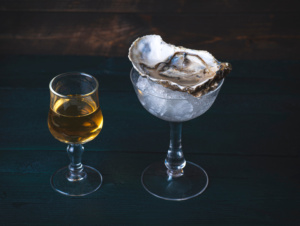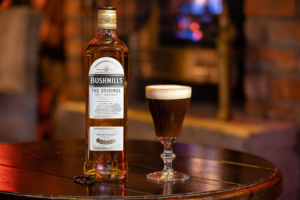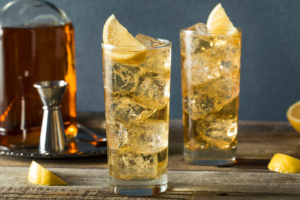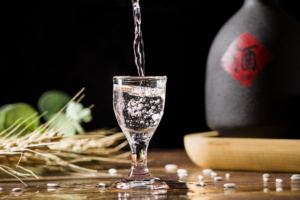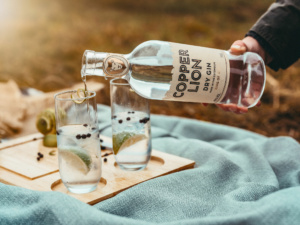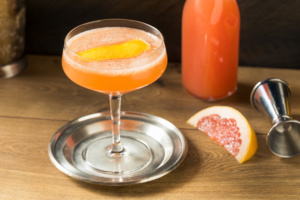The Influence of Casks on Whisky Flavour
Whisky begins with 3 key components; water, grains and yeast. But how do we develop the countless different flavours found in whisky? Let's find out.
After crafting water, grains and yeast together in either a pot still or column still we have the all-important spirit. However, in order to make the spirit a whisky, it needs time. Time spent in a cask to acquire its character, flavour and colour. Depending where you are in the world will depend on the type of casks that are favoured, the minimum amount of time needed to be spent in the cask to legally be called a ‘whisky’ as well as the optimum period of time needed to deliver the very best product from a particular distillery.
For whisky, particularly Scotch that can spend decades aging, the type of wood used for the cask as well as what liquid came before the whisky is paramount to the character of the spirit.
Let’s look at the impact of different casks:
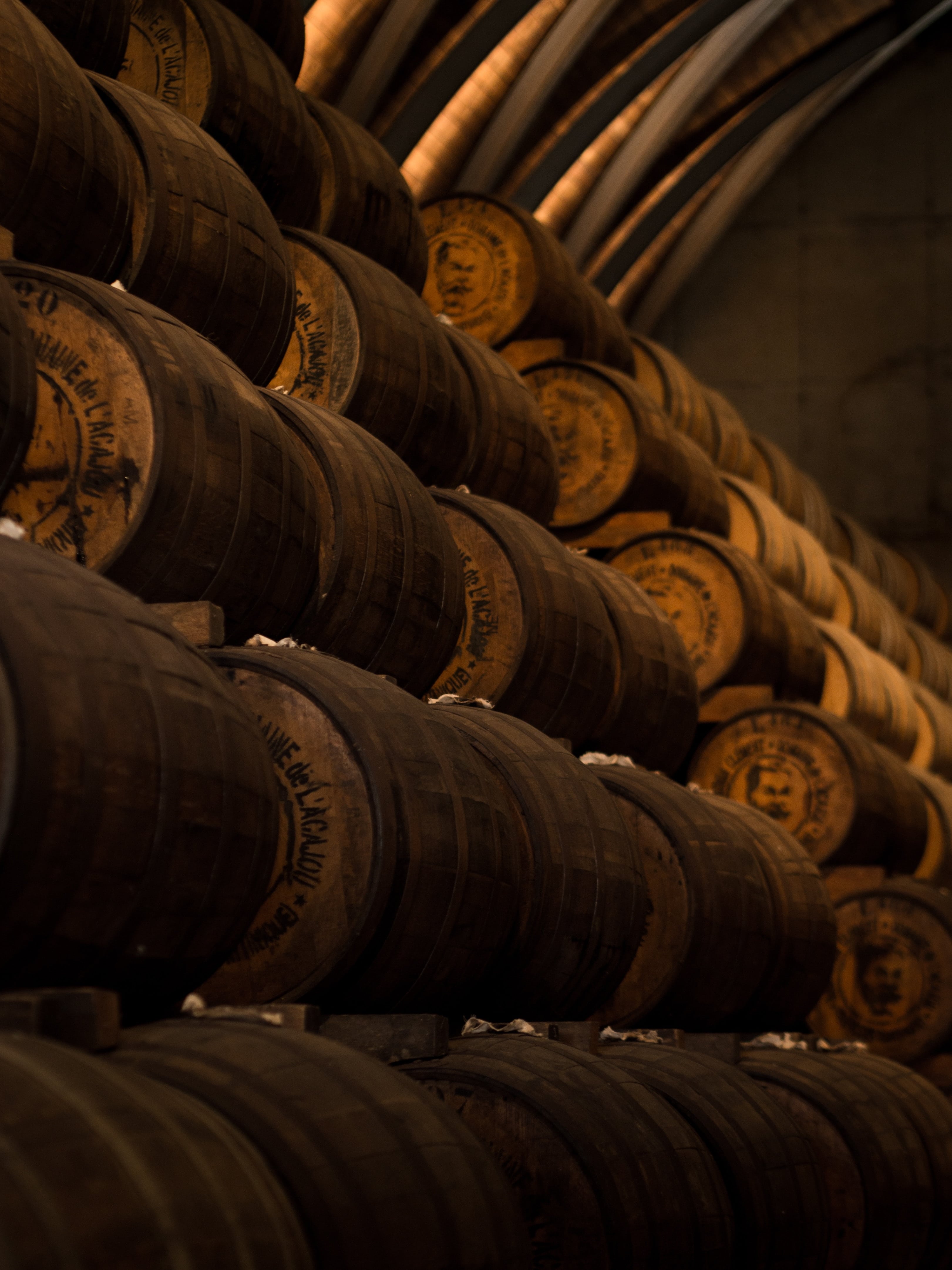
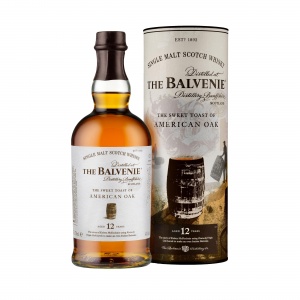
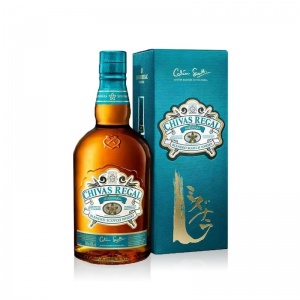
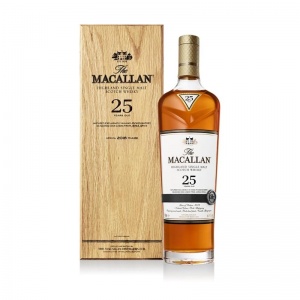
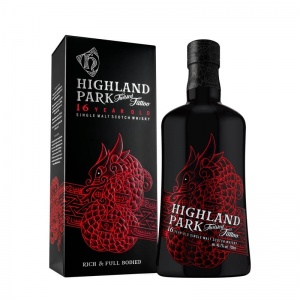
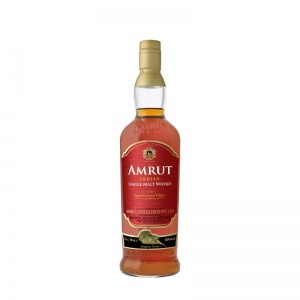
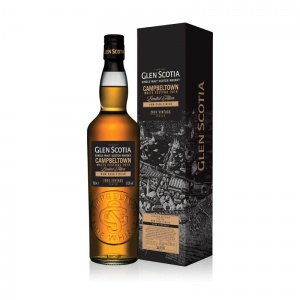
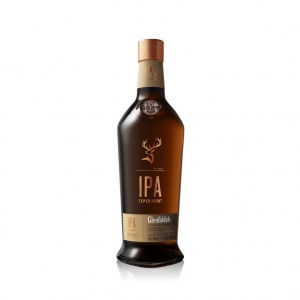

Wood Finish
When it comes to cask production, oak is the only type of wood that will do. There are a few reasons for this:- It’s durable
- It’s a ‘pure wood’ – other types of wood can allow unpleasant flavours to mix with the whisky
- Oak adds to the character of a whisky after it has been charred or toasted
- Removes unpleasant flavours from the spirit such as Sulphur
- The tight grain of oak prevents leakage of the spirit
- Oak is porous so it allows the whisky to breathe
-
American Oak

Balvenie The Sweet Toast of American Oak 12 Year Old £55.00 - Buy Now
-
European Oak
-
Japanese Oak

Chivas Regal Mizunara £52.00 - Buy Now
Sherry Finish
Ex-sherry casks are the second most used cask type in the industry, and for good reason. They are absolutely delicious! These casks are traditionally made with Spanish oak which are tightly grained and give darker and spicier flavours. However, sherry casks can also be made of American oak and this wide grained wood gives the whisky sweeter characteristics such as vanilla and fresh fruit. Whichever wood is used to store sherry in, the whisky that gets added further down the line will develop rich and bold flavours and an unmistakable natural colour. Some distilleries will be happy to purchase the casks as they come after some inspection. However, certain brands such as Macallan, are extremely thorough and hands on when it comes to cask selection. So much so that their work selecting casks begins in the Spanish forest. They work with Spanish Cooperage Tevasa who turn the trees into barrel and then filling them with Olorosso sherry for 18 months. The casks are then sent to Macallan, ready for the whisky.
Macallan 25 Year Old Sherry Oak 2018 £1,1750.00 - Buy Now
Wine Finish
Other than sherry and madeira, there are a whole host of terrific wine casks that can be used to give whisky a different character. From Burgundy to Bordeaux to Chardonnay to Rioja, distilleries have a certain degree of license when it comes to using wine casks. Each type of wine cask used will impact the whisky differently due to the different flavours of each type of wine. Highland Park Twisted Tattoo is a 16 year old whisky that has been matured in Rioja wine casks, giving it a magnificent colour and a rich, full bodied flavour.
Highland Park Twisted Tattoo 16 Year Old £80.00 - Buy Now
Port Finish
Port is like sherry and in many ways can be considered the Portuguese equivalent. The impact on the whisky depends on what type of port has been used. As a rule of thumb, the sweeter and less dry the port is, the more of an impact it will have on both flavour and colour. Typical characteristics include plum, bramble, blackberries, strawberry jam, cherry and sultana.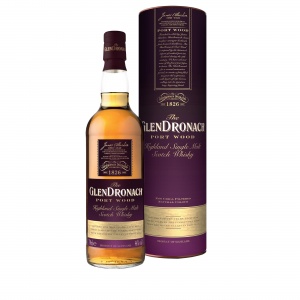 GlenDronach Port Wood 10 Year Old
£60.00 - Buy Now
GlenDronach Port Wood 10 Year Old
£60.00 - Buy Now
Madeira Finish
Madeira is another fortified wine hailing from Portugal, the Madeira islands to be precise. Due sweet and nutty characteristics of these whiskies, they work as an excellent after-dinner dram once the dessert plates have been cleared. Expect fruity flavours with hints of almonds, marzipan and nutmeg.
Rum Finish
Rum casks can bring out some of the more inquisitive flavours out of a whisky and, although they’re not to everyone’s tastes, there have been some tremendous rum cask releases. These whiskies can be very thought-provoking due to the tropical flavours not found in other types of cask finishes. These whiskies have hints of pineapple, banana, dark chocolate, tobacco and toffee.
Glen Scotia 2003 Rum Cask Finish 2019 Festival £70.00 - Buy Now
Beer Finish
When you break them down, beer and whisky have a lot of similarities; from core ingredients and even some flavours, having a marriage between them both makes perfect sense. There aren't as many beer finished whiskies on the market but who knows, this may change in the near future.
 4.7/5 with 10,000+ reviews
4.7/5 with 10,000+ reviews
